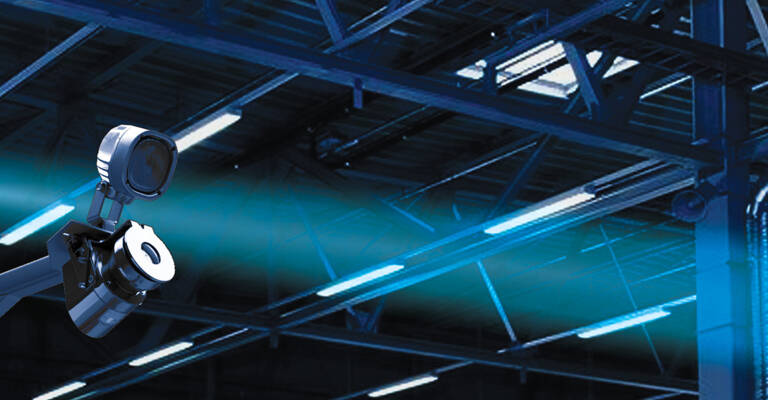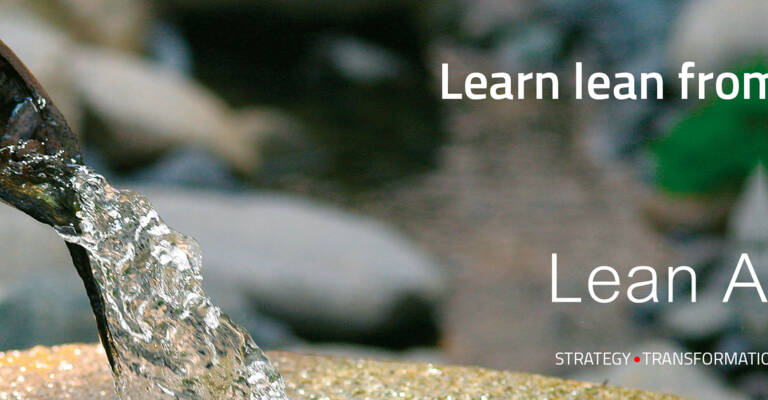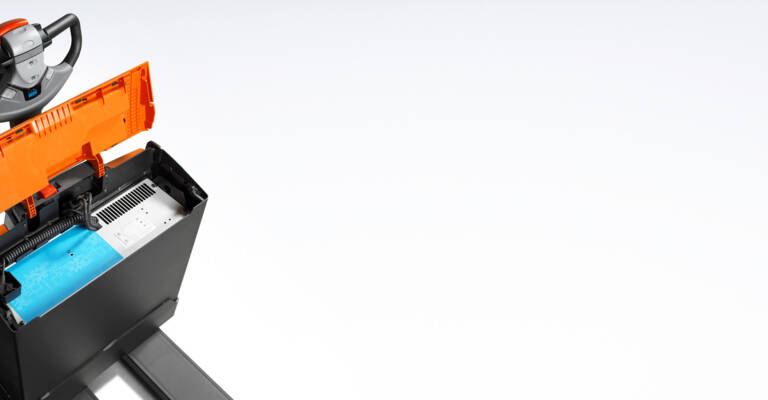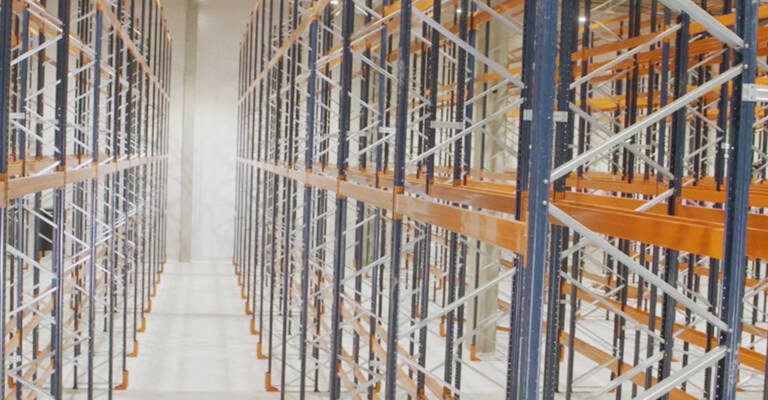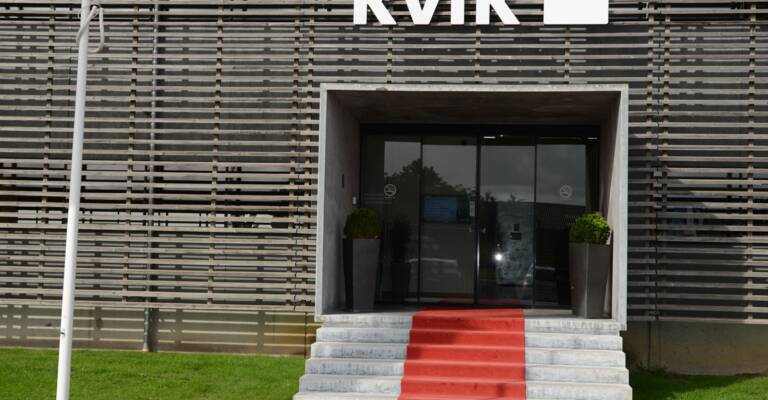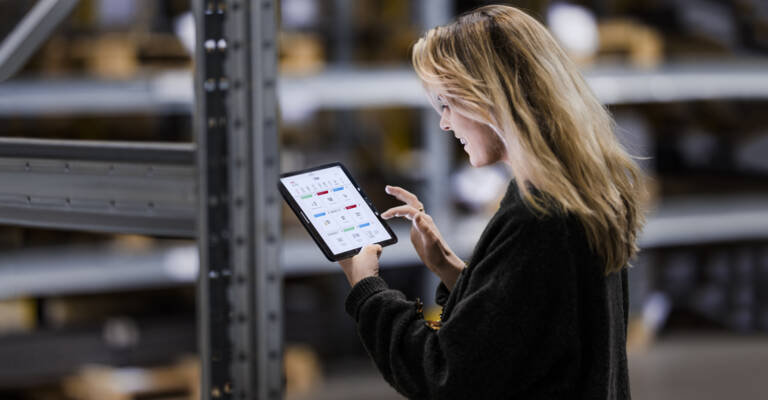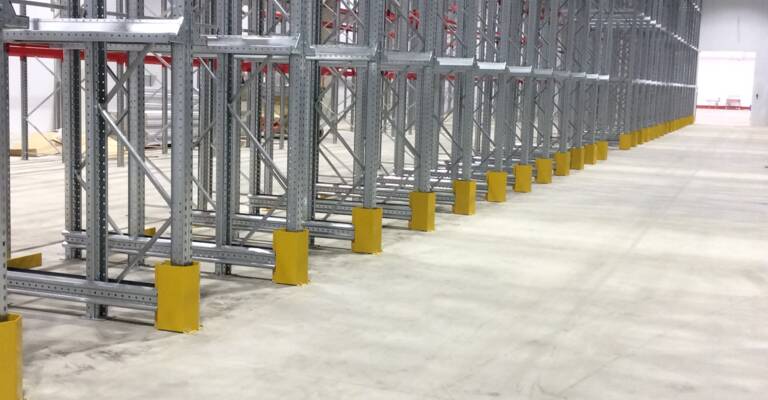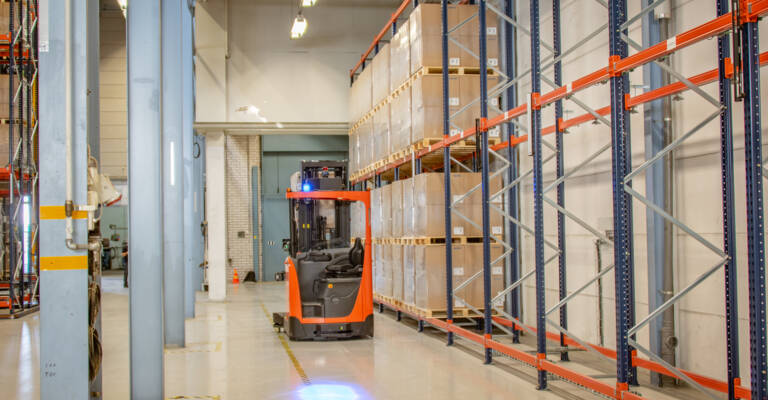
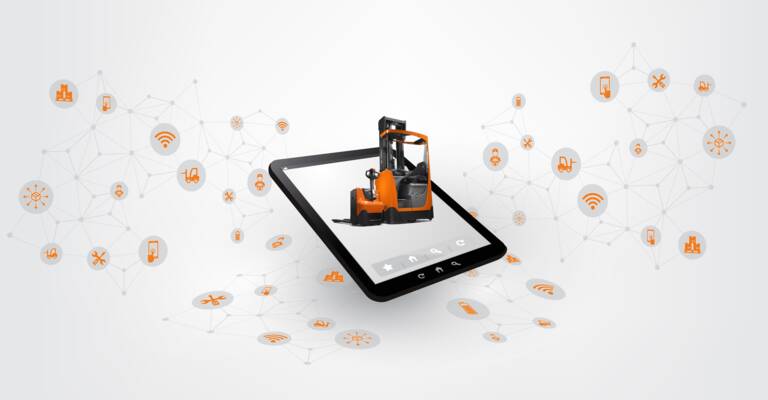
Logistics Solutions Center
In logistics, standing still is not an option. Toyota Material Handling has a dedicated centre for Logistics Solutions where new technologies and solutions for logistics are developed. The focus is on Automation, Racking, Analytics, Telematics and Connected vehicles.
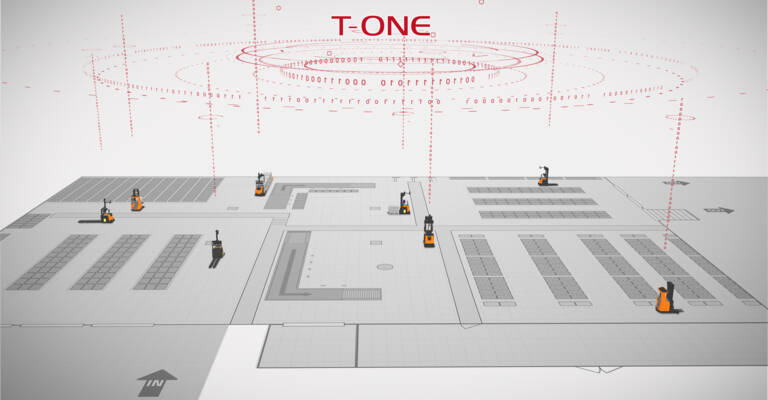
Logistics solutions solving logistics problems
Following global trends, such as e-commerce and digitalisation, the material handling industry is changing and adapting quite quickly.
Customers are expecting their goods or packages to be delivered as quickly as possible, and therefore your business needs to be as efficient as possible.
In repetitive material handling operations we can reduce costs and improve capacity, productivity and safety thanks to Automated solutions, Analytics, Telematics and Software solutions created in our Logistics Solutions Center.
Supporting you every step of the way
Creating a new or improved logistic solution starts with an analysis of your business needs and operations. Toyota has the tools and experience to help you on your optimisation journey.
Toyota will support your company before, during and after the implementation, allowing you to stay competitive now and in the future.
Working towards the future
Logistic systems are developing fast, to deliver competitive advantage in today's marketplace. To meet the demands of tomorrow, Toyota collaborates with customers, creative talent, and like-minded technology companies. Through advanced technology and smart software we can help our customers to optimise their operation, aiming for zero waste in energy, time and space.
Innovative solutions developed by a strong team
In our Logistics Solutions Center, based in Gothenburg, our engineers develop new software and hardware for connected and automated truck solutions in a high-tech environment. As part of the Automotive and high-tech hub of Lindholmen Science Park, the Toyota Logistics Solutions Center drives innovation together with other tech leaders.
For complete integrated logistics solutions, a dedicated team delivers projects from concept to implementation. Together with our sister company Vanderlande, global market leader for value-added logistic process automation at airports and in the parcel market, we offer a wide range of fully automated solutions.
